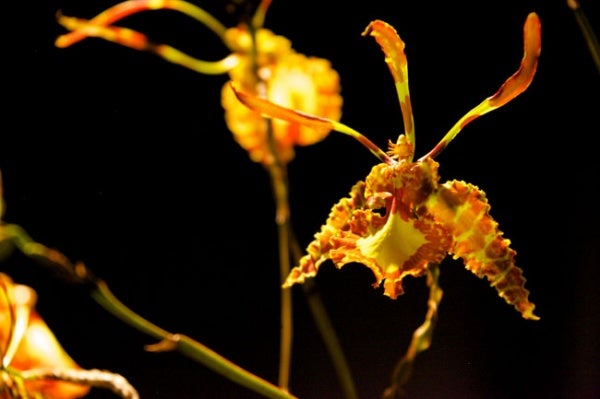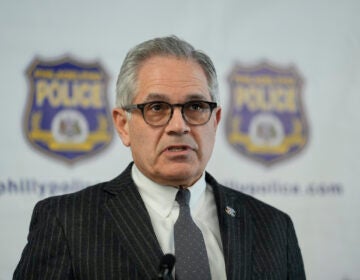Students gear up for 2,627-mile ‘Coast to Coast for MS’ trek
Two years ago, as a senior at Central York High School in York, Pa., Cameron Swengel needed a subject for his graduation project, a mandatory exit assignment that asked students to conduct an independent investigation.
Swengel started his search by looking up “cross country cycling” on the Web, and by the end of the summer, he had led a team he called “Coast to Coast” on a 50-day ride that raised $22,000 for the National Multiple Sclerosis Society.
On May 20, Swengel, now a sophomore at Philadelphia University, will lead a second “Coast to Coast” trip from Bar Harbor, Maine, to Key West, Florida. The college-aged team of seven plans to raise another $30,000 for the National MS Society.
When they begin their ride in Bar Harbor, Maine, the “Atlantic Coast” team will be following a route suggested by the Adventure Cycling Association. A support vehicle – either a Penske truck or a 15-passenger van – driven by family and friends will accompany them on their 2,627 mile trek.
To reach Key West by June 22, they will need to put in an average of 90 miles daily; Swengel estimates that this distance can be covered in about five and a half hours a day. The group will sleep in a combination of tents, hostels, hotels and host homes as they journey south.
A personal connection with MS
Cameron Swengel’s interest in MS stems from its impact on his family. His grandfather, diagnosed in the 1980s, died before Cameron was born, and Swengel’s father experienced his first MS symptoms when his son was a teenager. Swengel is aware that his family history gives him a higher chance of developing the disease. Still, he says, “I’m not going to sit back and do nothing.”
Alex Klohr is the trip’s co-coordinator and a sophomore at Philadelphia University. The son of a doctor, Klohr says he understands the importance of garnering research funding and hopes that his efforts will help advocate for uninsured MS sufferers. Swengel estimates that his father’s medicine Copaxone costs about $40,000 per year. Although the team cannot designate exactly how the National MS Society uses their donation, they can earmark it.
Cyclists have primarily relied on letter writing to raise money. Initially, Swengel recruited a team of ten, each charged with raising $3,000. As the event drew closer, three riders dropped out, leaving the team with a $9,000 gap to fill. A Power Bar sponsorship helped replenish some funds, and at least one team member increased his fundraising commitment.
Along the route from Maine to Florida, the team plans to promote MS awareness on one-day rest stops that they have planned in Philadelphia, Nags Head, and Daytona Beach. Lions Clubs have helped them make connections, putting them in touch with local newspapers and MS support groups.
Strategies for getting along and improving the ride
Kayla Jacoby, Swengel’s high school sweetheart, is the only female cyclist on team Atlantic Coast. Jacoby has been building up her cycling distances since the summer. Her best workout was a team round-trip ride from Philadelphia University to Shady Maple Smorgasbord in East Earle, Pa. She said the combined 106 miles – largely along the Schuylkill Trail – made her “a stronger person” while allowing her to know how the ride will go this summer.
Cameron Swengel smiles when asked how he thinks he and his girlfriend will get along during the distance ride. He says one of the best lessons he learned on his first cross-country ride was how to navigate difficult decisions while riding alongside different personalities.
This time around, Swengel says he will gather his teammates for nightly meetings, during which cyclists will discuss the choices made throughout the day: such as whether they covered more or less ground than planned.
“I want the trip to be enjoyable for them,” he said. One plan he has for lifting spirits in rough or boring conditions is getting the group to sing. He remembers when a sing-along on a lonely stretch of Kansas road helped him push through fatigue and boredom. “Sing anything!” he said, “Journey, whatever.”
As sophomores at Philadelphia University, teammates Cameron Swengel and Alex Klohr study architecture. Both also share a passion for social entrepreneurship. “As architecture students, we’re taught to look at a problem and find a solution,” said Klohr.
For more information, or to donate, go to the Coast to Coast for MS website.
WHYY is your source for fact-based, in-depth journalism and information. As a nonprofit organization, we rely on financial support from readers like you. Please give today.















